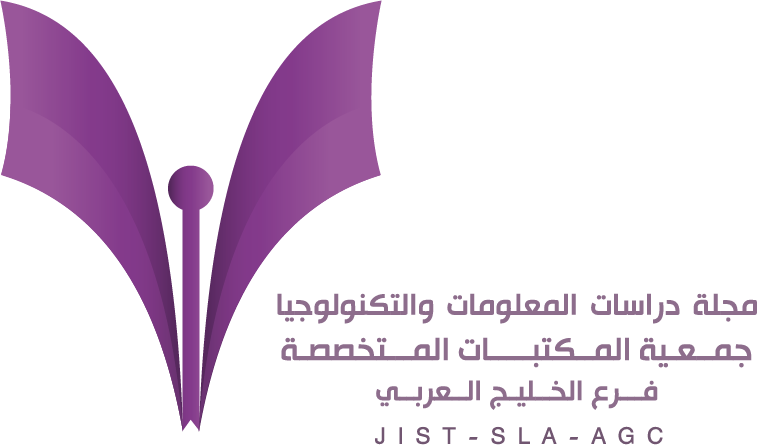-
oa Combating the Challenges of Intellectual Freedom: The Perspective of Librarians in Academic Libraries in Kwara State, Nigeria
- Source: Journal of Information Studies & Technology (JIS&T), Volume 2021, Issue 2, Sep 2021, 12
-
- 11 September 2020
- 06 September 2021
- 07 September 2021
- Previous Article
- Table of Contents
- Next Article
Abstract
Background: Censorship of library materials denies people's right to access, use, retrieve, and store materials of their desire. Intellectual freedom is critical to eliminating the constraint of censorship. Issues such as illiteracy, societal standards, and selection policy hadbeen identified as challenges to intellectual freedom. The existing body of literature revealed that library materials are subjected to censorship and this denies readers’ rights to access desirable information at any point in time. Aim: This research examined the perception of librarians on combating the challenges of intellectual freedom. Methodology: The target population for this study included professional librarians working in eight (8) selected academic libraries in Kwara State, Nigeria. A stratified random sampling technique was used to select 60 respondents from the 8 academic libraries involved in the study. A questionnaire of 6 research questions was developed for the collection of data. Findings: The results indicated: the majority of the respondents agree that there are equal opportunities for library users to access library materials, obscene and controversial materials are subjected to censorship, library selection policy restricts library users’ access to desired materials. Lifting restriction of access to library materials was identified as the way to combat the challenges of intellectual freedom. Recommendations: The authors recommends that government should ensure that the Freedom of Information Bill (FOI) is passed to enable library patrons’ have access to all information materials and that library stakeholders should create awareness, publicity, or enlightenment on intellectual freedom to inform the users of their rights to hold, use, and access information materials of their choice.


